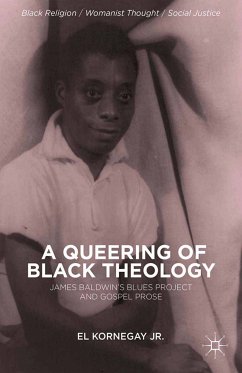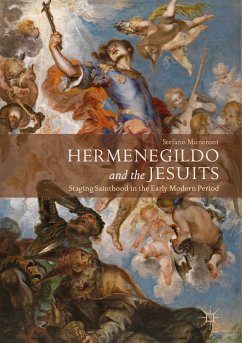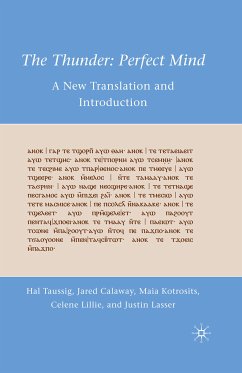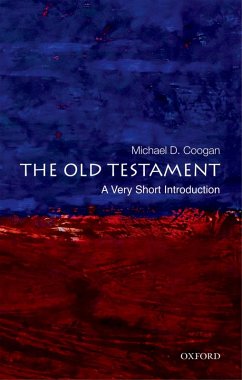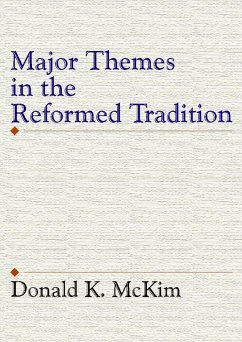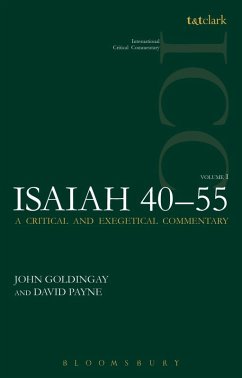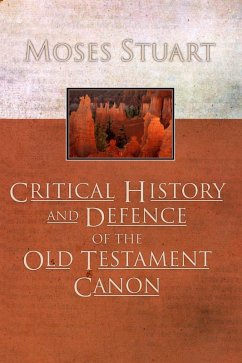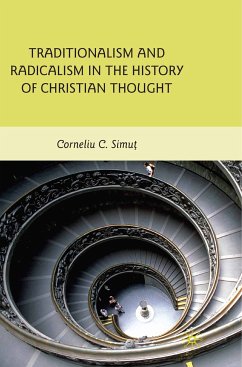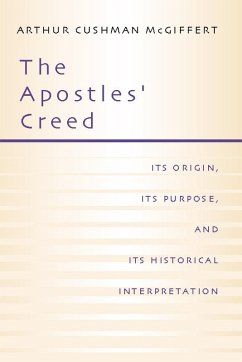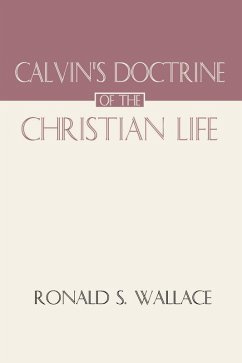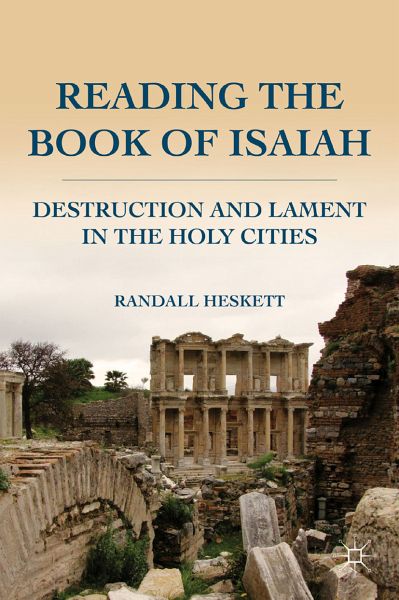
Reading the Book of Isaiah (eBook, PDF)
Destruction and Lament in the Holy Cities
Versandkostenfrei!
Sofort per Download lieferbar
72,95 €
inkl. MwSt.
Weitere Ausgaben:

PAYBACK Punkte
36 °P sammeln!
Randall Heskett uses both historical criticism and a form-critical approach to analyze and assess Lamentation and Restoration of Destroyed Cities as oral traditions of ancient Israelite prophetic genres.
Dieser Download kann aus rechtlichen Gründen nur mit Rechnungsadresse in A, B, BG, CY, CZ, D, DK, EW, E, FIN, F, GR, HR, H, IRL, I, LT, L, LR, M, NL, PL, P, R, S, SLO, SK ausgeliefert werden.



